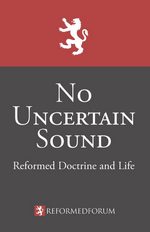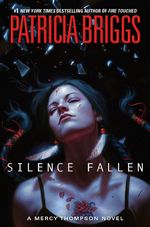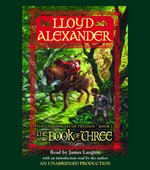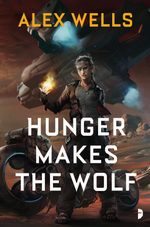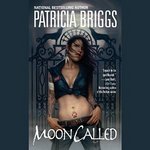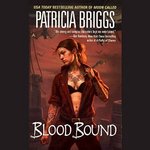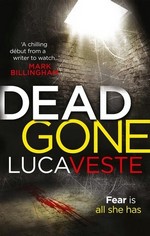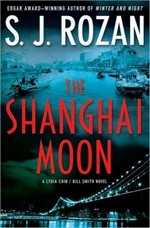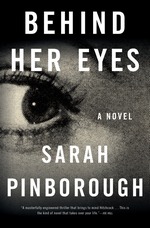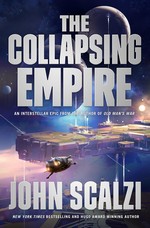 The Collapsing Empire
The Collapsing Empire
by John Scalzi
Series: The Collapsing Empire, #1Hardcover, 329 pg.
Tor Books, 2017
Read: March 28 – 29, 2017

I can’t think of a SF release more highly anticipated this year than The Collapsing Empire, the first in a new series (there’s a really good chance that I’ll be saying the same thing in 3 months about something else that I’m spacing at the moment). Thankfully, it surpassed my expectations (which were, admittedly, pretty low — this just didn’t sound that interesting) — I can’t speak for the rest of his fanbase who were anticipating it so highly, but I can’t imagine that most weren’t wholly satisfied, and predict he picks up a few fans from this.
The Interdependency is the empire that is made up of the descendants of the people of Earth, it’s been in place for centuries — and, as the title of the book (and series) states, it’s on the verge of collapse. Not from political pressures or outside threats, or anything of that nature. Instead, it’s the Flow. The Flow is the way that humanity travels between the stars — a extra-dimensional field that can be accessed to facilitate travel between planets. And it’s on the verge of changing — not disappearing, just connecting different planets and leaving millions of people without access to the rest of the Empire.
Tricky to explain briefly — but that’s okay, the characters in the book are (with 3 exceptions) learning this about the same time as the reader is and those who explain it do a much better job. Basically, the Empire as they know it is facing the End. There to help the Interdependency through this trying time (not that citizens know about it) is a brand-new, untried Emperox. She and her allies (intentional or otherwise) are going to have to deal with political, business and religious groups to try to help some of humanity survive.
I’ve gotta say that Emperox Grayland II (Cardenia to her friends) is a delightful character — you cannot help but root for her. She’s brave, smart, relatable and an underdog (how someone who rules several planetary systems can be thought of as an underdog is a neat trick). The scientist who travels the length of the Empire to help her understand what’s going on, Marce, is clever, overwhelmed, and the only one who really knows what’s happening (shades of Jor-El?). There’s another character, Lady Kiva, a junior member of a ruling family of one of the largest guilds who is just too much fun — she swears enough to make Marshall Mathers take a step back; has no tact, no diplomacy, and shows no mercy to her enemies (especially if they stand between her and a profit). Really, she’s a horrible person (at least in this book),but a fun, fun character.
These three are our focus, they’re who we cheer for and pin our hopes on. If they can survive the political, scientific, religious, and humanitarian turmoil that’s beginning to bubble — there’s a shot for humanity. Not much of one, honestly, but a shot.
Somehow, Scalzi’s able to take societal collapse and tell it in an entertaining, suspenseful and frequently funny way. He’s able to give a thinly disguised commentary on environmental catastrophe and keep it from getting preachy. Basically, he threads the needle just right to keep people enjoying themselves as they read what would be a heavy, off-putting book in many author’s hands.
Is it perfect? No. Am I crazy about everything he does/tries to do in this book? Nope. But man, such a fun, quick ride that I can’t help but like it and recommend it to everyone I can think of. I was so wrong not to be interested in this book — I’m more than interested in the sequel.
—–




